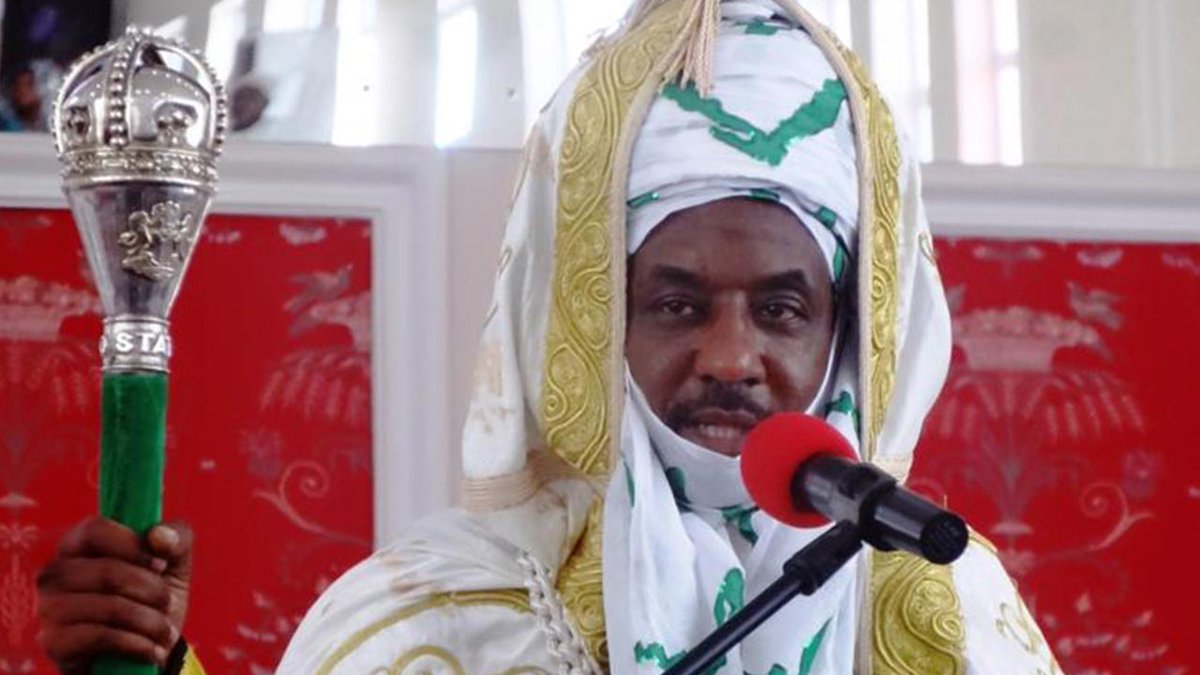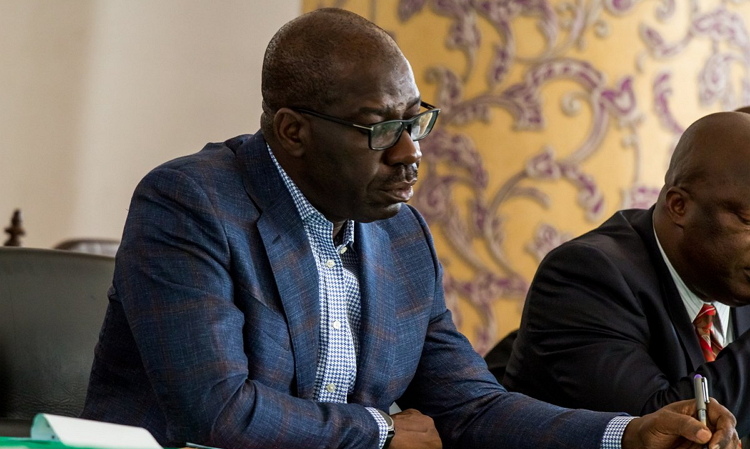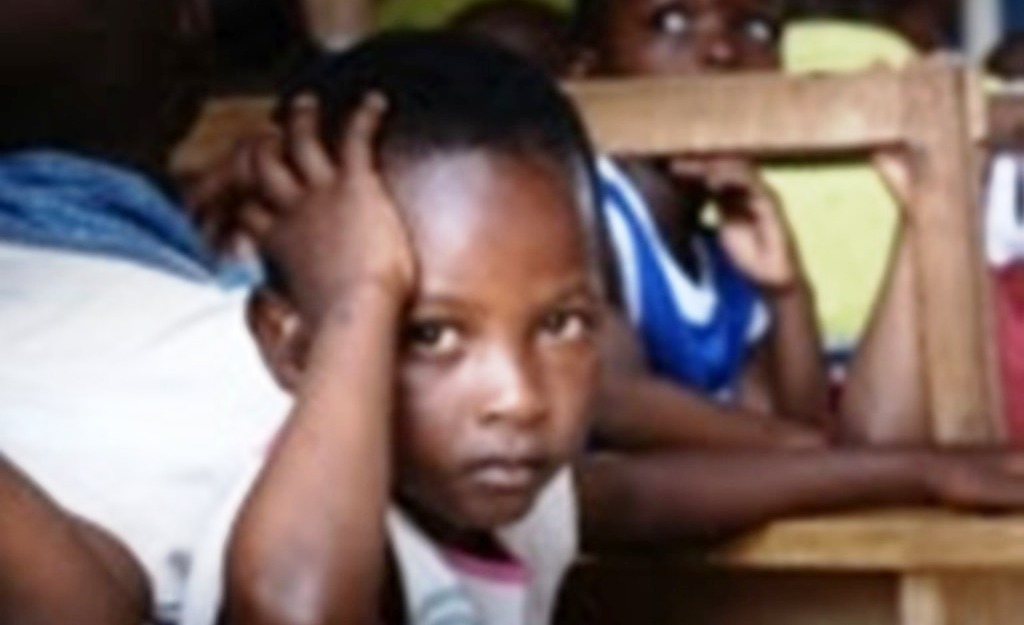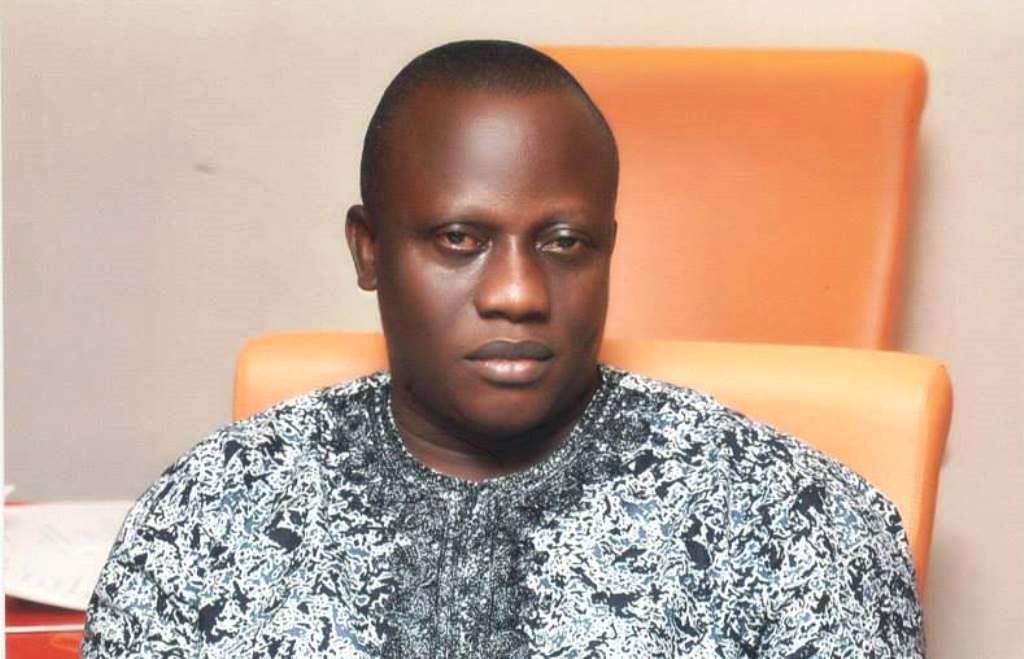Vice President, Prof. Yemi Osinbajo, says over N600 billion has s far been allocated to the education sector in 2018.
Osinbajo disclosed this at the opening ceremony of a two-day Stakeholders’ Workshop on Sustainable Funding for Education in Nigeria held on Tuesday at the Presidential Villa Banquet Hall, Abuja.
The workshop was organised by Federal Ministry of Education in collaboration with Federal Ministry of Finance.
He said that in spite of the difficult economic situation when the President Muhammadu Buhari’s administration came on board, the Federal Government made sure that funding of education was not neglected.
“We were able to increase capital allocation to education; for instance, in the Federal Budget, capital allocation was increased from N23.53 billion in 2015 when we came–that was the allocation.
“In the budget that we did, we took up the capital allocation to N35.99 billion in 2016.
“Then in 2017, we took it to up to N56. 81bn and this year, the current capital budget on education is N102.9 billion.
“So, this shows substantial increase in education budget; in addition, there is the UBEC funding which in 2018 amounted to N109.86 billion.
“In fact, if you include the recurrent budget, the amount allocated to education by the Federal Government this year is more than N600 billion.’’
Represented by the Minister of Budget and National Planning, Sen. Udo Udoma, Osinbajo said that additional funds were also made available through the Tertiary Education Trust Fund (TETFUND).
He said, however, that the amounts were still insufficient to provide the high quality education which the administration was determined to give to all Nigerians; hence the importance of the stakeholders workshop.
Osinbajo said that stakeholders must seek ways of increasing funding to education from all the tiers of government–the Federal Government, State and Local Governments.
“ While government funding is important and critical, it is not the only source of funding for education.
“There are two broad sources of funding for education-the most important are the grants from governments at all levels; that is the Federal and State and Local Governments in the form of capital budgets, recurrent budget and special allocation.
“The second source of funding are from non-governmental sources—these include contributions from sources such as school charges, private donations, corporate sponsors, alumni associations, charitable and faith-based associations and among others,’’ he said.
He said the workshop was expected to come with innovative ways by which increased funding of education could be achieved from all possible sources including any additional sources they could identify outside the aforementioned.
On his part, the Minister of Education, Malam Adamu Adamu, said that funding education was a very crucial issue; hence the importance attached to the workshop.
According to him, funding is key to the delivery of qualitative education which is the foundation for national growth and sustainable development.
He said that upon his appointment, he met a lot of challenges in the basic, secondary and tertiary education as well as teachers’ professional development, technical education, access and quality of education.
Adamu said that against the foregoing, the ministry proposed the Ministerial Strategic Plan for Education hinged on ten pillars.
He listed the pillars as -Out of School Children, Youth and Adult Literacy, Teacher Education, Basic Education, Curriculum Matters, Tertiary Education, Education Data and planning.
Others are- Technical and Vocation Education and Training, Information and Communication Technology in Education and Library Services.
He said that increased funding of education had facilitated access to tertiary education in Nigeria but posed a huge financial burden on the funding of public institutions.
Adamu urged Nigerians to disabuse their minds of the belief that funding education was the responsibility of the government as it involved individuals, agencies, developmental partners and government at all levels.
NAN



